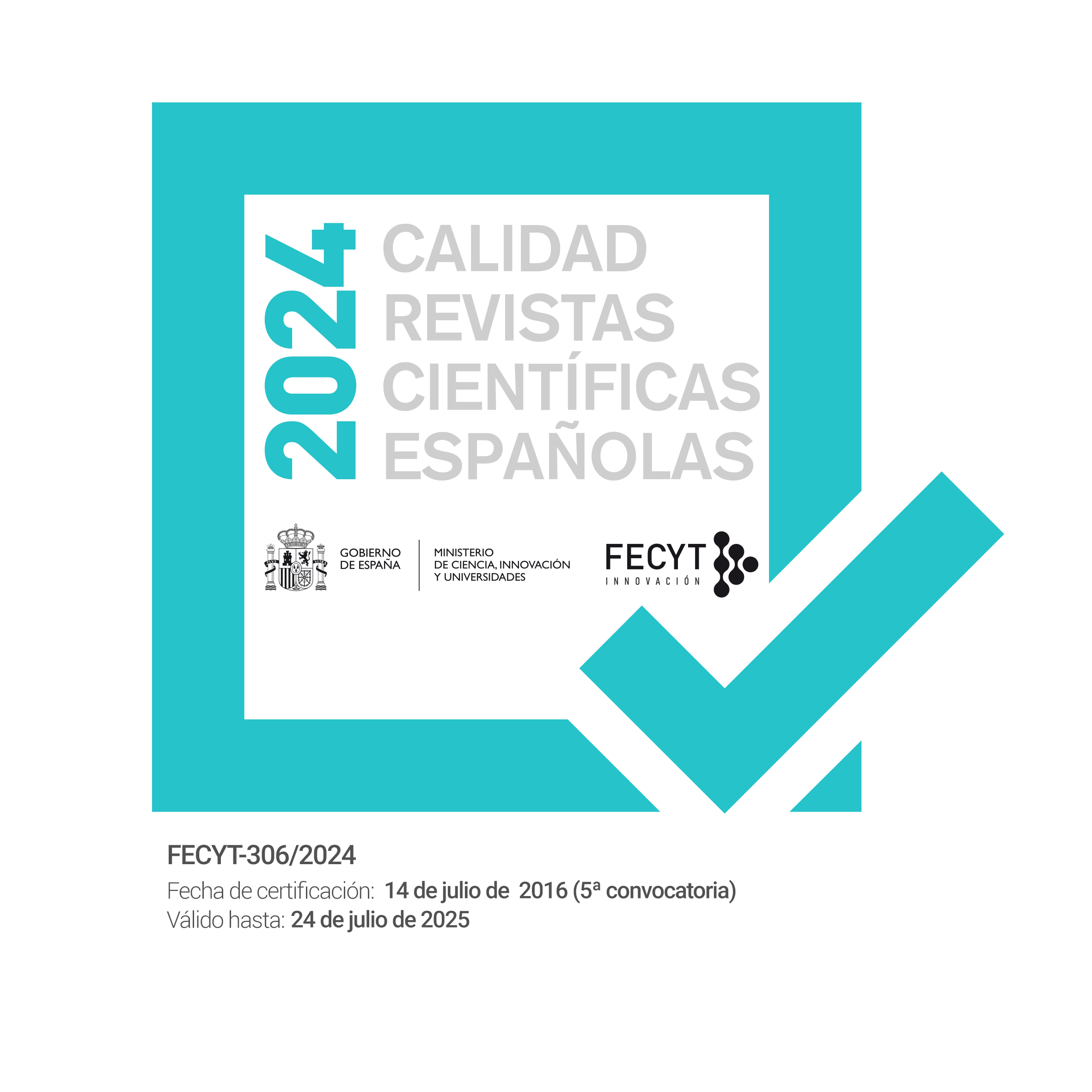Contra el sociologismo: observaciones naturalistas a propósito de un ensayo de Juan Manuel Iranzo
Palabras clave:
Naturaleza humana, sociobiología, autonomía simbólica, rituales de interacción, R. Collins, Homo suadens.Resumen
Según el autor del ensayo (Iranzo, 2013), el rasgo más excepcional y definitorio que caracteriza a la naturaleza humana es su capacidad simbólica. Esa capacidad se ha desarrollado evolutivamente. Su base biológica es una sociabilidad compleja que ha favorecido el aumento de un cerebro con gran capacidad de análisis e integración multifuncional. Su base social son unos comportamientos colectivos normalizados, pero potencialmente muy abiertos y flexibles, los rituales de interacción, en los que a determinados objetos, principalmente palabras, se les adscribe colectivamente un significado y se les confiere una carga emocional de modo que adquieren condición simbólica y, al mismo tiempo, se convierten en elementos catalizadores de la identidad, la solidaridad y el ordenamiento moral y de poder del grupo que los instituye. La especie humana es inherentemente simbólica: crea, posee y transforma de manera colectiva y distribuida sus universos simbólicos y esta esfera semántica posee una dinámica autónoma. Nuestra crítica se concentra en tres aspectos fundamentales. En primer lugar, discutimos ciertos tópicos biológicos-bibliográficos; en segundo lugar, defendemos, en contra de esta visión sociologista de los rituales de interacción, su carácter de fenómenos inseparablemente biopsicosociales y, finalmente, cuestionamos de manera radical la supuesta autonomía de la cultura simbólica y su independencia de cualesquiera determinaciones de orden biopsicológico.Descargas
Publicado
Cómo citar
Número
Sección
Licencia
Todas las publicaciones de la Revista Española de Sociología se realizarán bajo una licencia abierta Creative Commons de Reconocimiento 4.0 Internacional (CC BY 4.0). Dicha licencia establece que los autores son los poseedores de los derechos de propiedad intelectual de sus trabajos, que pueden redistribuirse a cambio de un reconocimiento adecuado. Para más información de la licencia Creative Commons, consultar aquí.
Una vez aceptado un artículo para su publicación, la Revista Española de Sociología solicitará al denominado "autor para la correspondencia" la aceptación de una licencia obligatoria Creative Commons incluida en un acuerdo o contrato de publicación.



